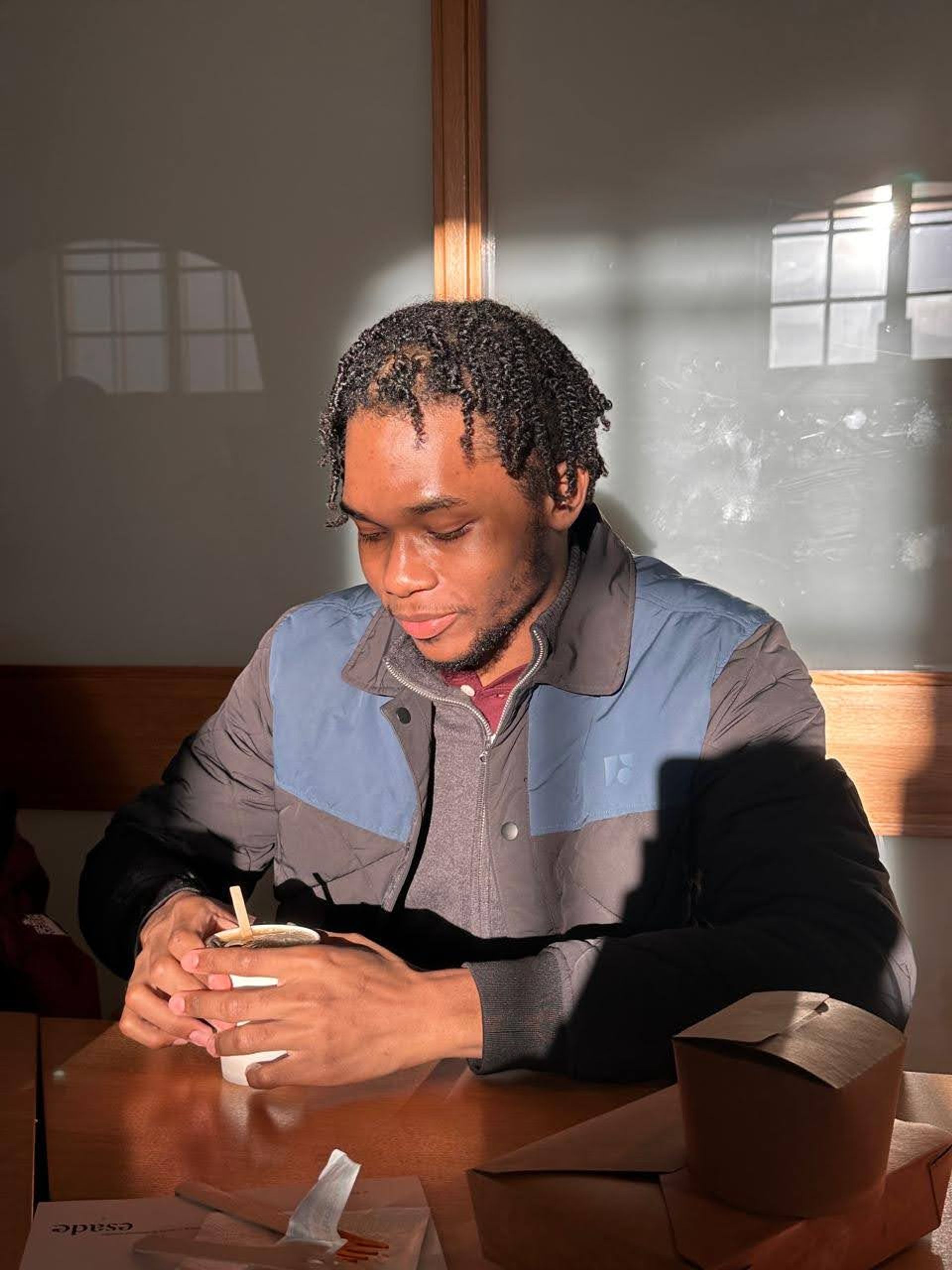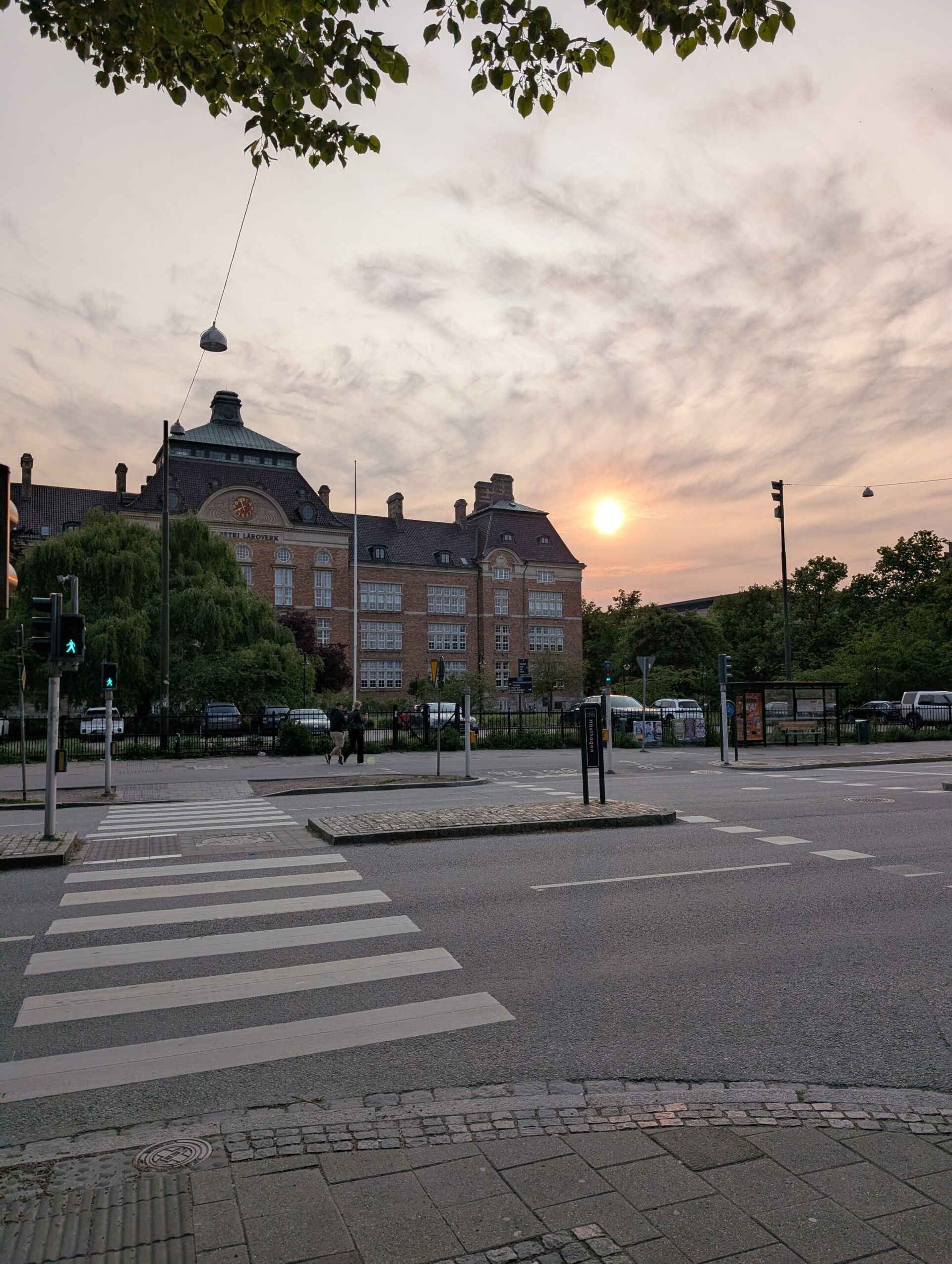
Written by Francesca
03 Mar 2015
What it’s like to be a Biology Master’s student in Uppsala…
—
My degree is primarily a master’s in Biology, however due to the courses I’m taking; its specialisation is Immunology and Infection Biology.
Master’s programmes in Sweden are usually two years with the master’s thesis being the main focus towards the end of the second year of the programme. In my case, I took 4 courses, one right after the other, in my first year and I am due to complete 60 more ECTS credits in my final year. The final year can consist of a 30 or 45 ECTS credit research project and the remainder can be filled with a range of optional subjects or courses. Of course, there’s also the option to do your final year abroad permitting you find a supervisor (that’s the tricky part), but apart from that, the degree is rather flexible and can be tailored to your interests.
—
Uppsala state that…
‘The Master Programme in Biology is a first-class programme that gives you the freedom to create your own profile. The broad range of courses in biology and biotechnology makes it possible to improve your personal competitiveness in the job market by obtaining the required subject depth and complementary subject width in your education. The area of biology at Uppsala University was recently evaluated by the German Centre for Higher Education Development, and awarded the CHE Excellence Ranking gold medal for its high quality.
Sounds good then doesn’t it!
Here were my options (The one’s I selected are in bold!):
Course 1 (Usually from the end of August until the end of October):
- Ecology 15 c.
- Ecology D 15 c.
- Evolutionary Processes 15 c.
- Fundamental and molecular systematics 10 c. (only for master programme students)
- Limnology 15 c.-
- Limnology D 15 c.
- Microbial Genetics 15 c
- Plant Growth and Development 15 c.
- Protein Engineering 15 c.
- Toxicology 15 c.
- Toxicology D 15 c.
- Trends in Molecular Biology and Biotechnology 15 c.
Course 2 (October – January):
- Animal Structure and Function 15 c.
- Applied Ecosystem Ecology 15 c.
- Bioinformatic analyses I, 5 hp
- Ecotoxicology 15 c.
- Evolutionary Patterns 15 c.
- Evolutionary Genetics 15 c.
- Genes, Brain and Behaviour 15 c.
- Microbiology 15 c.
- Population and Community Ecology 15 c.
- RNA: Structure, Function and Biology 15 c.
- Structure and Function of Macromolecules 15 c.
Course 3 (January – March):
- Behavioural Ecology 15 c.
- (Biodiversity and Ecology in Yunnan 15 c. – next time spring 2016)
- Conservation Biology 15 c.
- Genome Sequence Data – Evolutionary Applications 15 c.
- Immunology 15 c.
- Informatics toolbox for Systematics 5 c.
- Molecular Cell Biology 15 c.
- Neurobiology 15 c.
- Statistical Methods in Natural Sciences 5 c.
Course 4 (March – June):
- Aquatic Ecosystems 15 c.
- Diversity and Identification of Marine Invertebrates 5 c.
- Ecological Methods 15 c.
- Evolution and Development 15 c.
- Functional Genomics 15 c.
- Marine Biology 15 c.
- Molecular Infection Biology 15 c.
- Plant Structure and Function 15 c.
- Toxicology and Risk assessment 15 c.
—
Of course, I picked one course from each list for my first year; the programme is flexible in that you can pick your own courses that suit your interests. These are the options within the biology department if you’re undertaking a master’s degree in biology but there are so many more international masters’ programmes taught in English! They can all be found on this site: http://www.uu.se/en/admissions/master/masterprogrammes/
The first year of your studies should have at least 60 ECTS credits (equivalent to 120 credits in the UK) and the second will also be the same. For your second year, the university site states:
‘During the second year you can choose additional courses or combine a research training period and a degree project of 30 or 45hp credit points.’
So there you go, now you know the structure of an international master’s degree at Uppsala University in Biology!
Courses are a combination of lectures, laboratory practicals, group work, essays and a final exam. The good thing about this course structure is that you only focus on one subject at a time allowing yourself to fully focus on one area. Each course lasts around 8-10 weeks so you have enough time to study (hopefully!) and if you’re worried that you’re not going to pass an exam, Uppsala allow you to retake your exams as many times as you need until you pass (don’t aim to fail though!).
I take medically orientated courses so my classes are held at the BMC (Uppsala biomedicinska centrum) whereas students taking subjects such as evolutionary biology will be at the EBC (Evolutionbiologiskt centrum). You can bike around the city rather easily (but why oh why did they put the BMC at the top of a hill!) so it doesn’t take too long to get to class. Of course, you can always take the buses that are also pretty frequent and walking isn’t too bad either!
—



